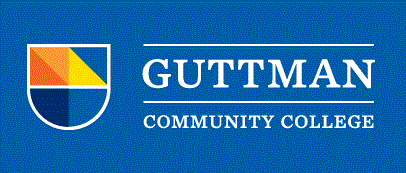
Publications and Research
Document Type
Article
Publication Date
12-2015
Abstract
This literary analysis examines the emergence of children of alcoholics narratives and their growth from "resource" texts to literary subgenre. While early texts offer useful information about parental alcoholism, they are also limited. Namely, they do not adequately mirror the diversity of children, families, and problems associated with parental alcoholism nor do they offer alternatives for children whose parents do not, or cannot, seek treatment for their addiction. Literature, on the other hand, in inviting what philosopher Martha Nussbaum refers to as "narrative play," can help children learn to understand and empathize with others, nourish their inner curiosity, and, most importantly, tolerate ambiguity in the face of an imperfect world. Thus, this paper presents and examines three literary narratives about children of alcoholics: Gary Paulsen’s Harris and Me (1993), Sherman Alexie’s The Absolutely True Diary of a Part-Time Indian (2007), and Tom Robbins’ B is for Beer (2009). By providing characters and situations with which they can identify, these stories possess potential to validate the feelings that children of alcoholics often experience. At the same time, by offering models of strength and hope, these stories can also help broaden and awaken new perspectives so that children of alcoholics might envision a different life for themselves and reject the pattern of self-victimization and the cycle of alcoholism. Humor, a dominant feature throughout all three narratives, is identified as an especially effective means of discussing this topic with younger audiences. Teachers and librarians can draw on this examination to better guide their selection of texts for young readers, especially for those who are burdened by parental addiction and/or family dysfunction.


Comments
Selected for the Children’s Literature in Education Emerging Scholar Award.
This work was originally published in Children's Literature in Education, Volume.